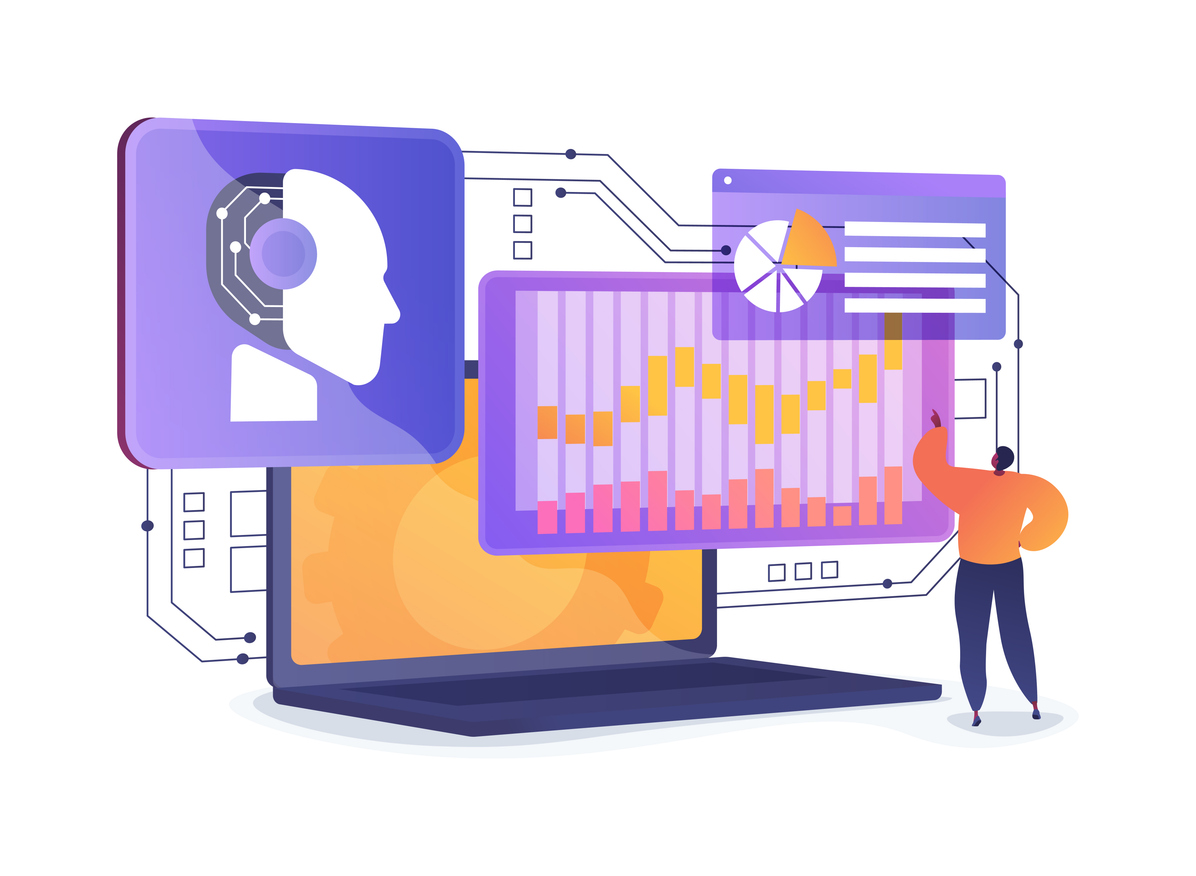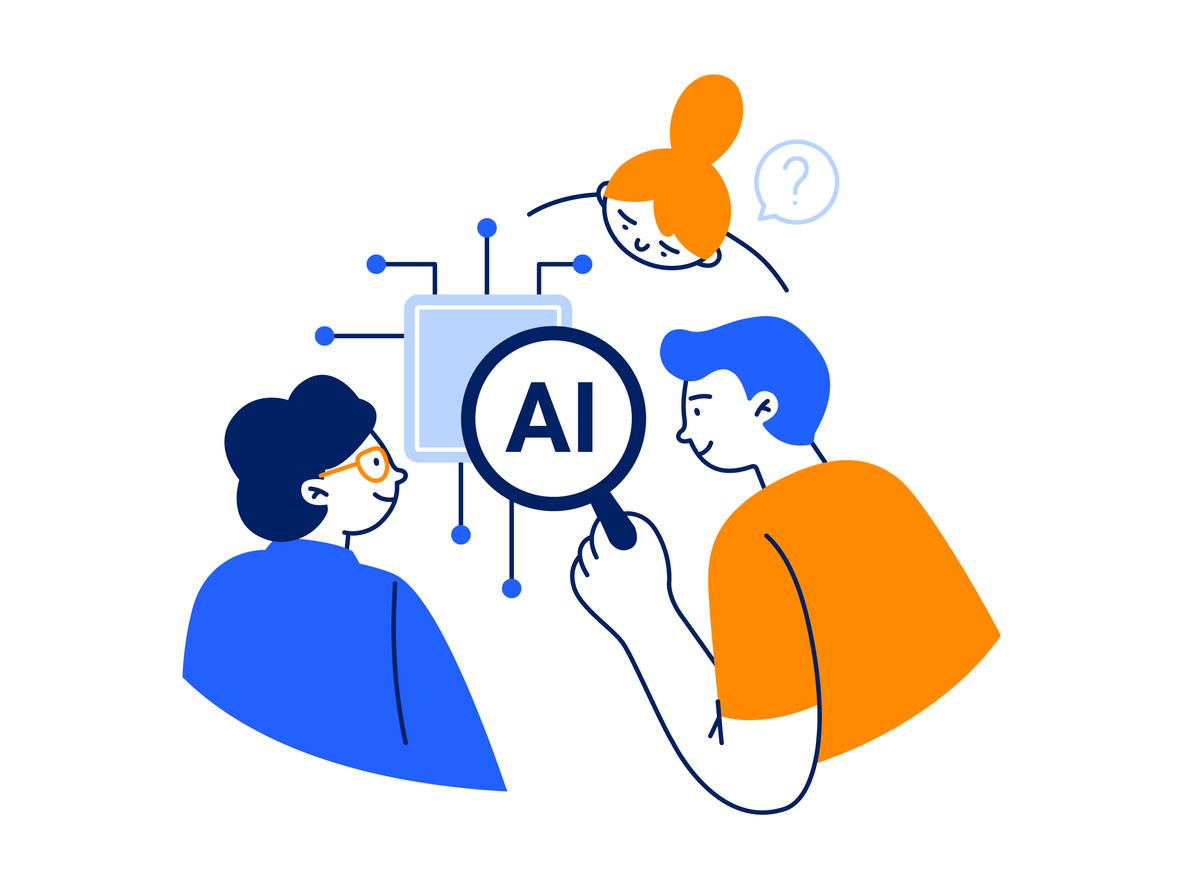By Spring GDS
Artificial intelligence is rapidly reshaping the eCommerce landscape—from personalised product recommendations and dynamic pricing to automated customer service and inventory forecasting.
As online retailers race to meet rising consumer expectations for speed, relevance, and seamless experiences, AI offers powerful tools to scale operations and sharpen insights.
But during this huge uplevelling and transformation, organisations should be sensitive on how technology empowers people to keep their customers, teams and distinctive human touch at the centre.
More retailers are seeing the value of AI being led with a human-first mindset. Rather than chasing automation for its own sake, AI can be used to amplify human strengths—empathy, creativity and expertise —across eCommerce operations. The goal isn’t just efficiency: it’s more connection.
Automating the mundane to elevate the meaningful
Retailers can draw a clear line between tasks that benefit from automation and those that demand a human touch. AI now drafts initial responses to customer inquiries based on order history and behavioural data, which allows sales teams to focus on tone, nuance, and resolution.
AI can triage leads and surface relevant customer data, freeing retailers to spend more time listening and engaging.

In eCommerce, where trust and loyalty hinge on emotional connection and a deep understanding of a business’s needs, this shift is transformative.
Freeing up more human bandwidth
Retailers can use AI tools to streamline backend operations without sidelining the people who are intrinsic to making them work. Predictive analytics help forecast demand spikes, enabling better stock management and fulfilment planning. Automated tagging and categorisation improve product discoverability, while real-time alerts flag anomalies in customer behaviour or site performance.
But every alert, every recommendation, is filtered through a human lens.

Retailers can be careful to ensure that AI insights are delivered in natural language, at the right time, and only when they matter—empowering teams to act with clarity, not react in chaos. This is particularly important when you’re working across countries and language barriers to fulfil our commitment to a global vision with local expertise.
Co-designing AI with employees
Retailers can embrace doing things together, and AI is no exception e.g., co-creating AI workflows with frontline teams. Training can be hands-on and contextual, built around real tools and real scenarios. Merchandisers help shape recommendation algorithms.
Customer service reps test voice-to-text tools for inclusivity across accents and dialects. Feedback isn’t just welcomed—it can be structured into the rollout.
“AI Question Time” and aftercare sessions can give staff a space to raise concerns, share discoveries, and influence development. Emotional support is part of the journey, recognising that digital transformation is as much about confidence and culture as it is about code.

Human-ness Is the Brand
In eCommerce, brand loyalty is built on moments of care, not just convenience. Customers feel the difference, so a great approach is to back up every AI-facilitated improvement with more opportunities for human connection. With less admin and more support, retailers can focus on solving problems, building relationships, and creating memorable experiences. AI uplevelling doesn’t have to replace humans, instead it can make more space for them.
The future of eCommerce will be more intelligent, more responsive, and more automated. But with the right strategy, it can also bring people even closer together across borders.
Gain more insight on how Spring GDS can help you to achieve your goals at: https://www.spring-gds.com/
Published 17.10.25


